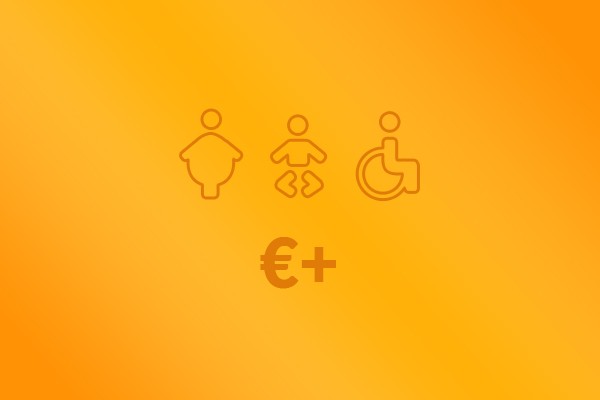Differentiation or discrimination?

Imagine you want to book a flight from Amsterdam to New York. This flight is not always the same price. It depends on a vast number of factors. It sounds logical that the day and time of the flight and the number of unsold seats have an effect on the price. Lesson 1 of the economy: supply and demand. The fact that the moment of booking has an influence is already a lot less self-evident. Add to this that the price is influenced by cookies, your IP-address and your operating system: if you search for the same flight multiple times, you’ll probably really want it, so the price goes up; if your IP-address is located in an expensive area, you’re probably rich so the price goes up; if you own a Mac, you’ll probably have more to spend, so you can guess what happens. In short, you are labeled and this label is stamped with a certain price.
Many people are aware of this price differentiation and most people will not lose a minute of sleep because of their flight being € 1,- more expensive than someone else’s.
However, profiling is becoming increasingly advanced. There is so much personal information about each individual available that price differentiation 2.0 would be possible. For instance: by googling ‘baby clothing’ and ‘cheapest brand of diapers’, some will conclude (and not without reason) that you’ve just gotten a baby. People who have flown on an intercontinental flight next to a parent with a newborn baby will know that babies are generally not appreciated by fellow passengers. You could imagine that airlines will start to add a premium for the risk of flying with babies. Regardless of whether you’re actually planning on flying with your baby, you are put in the category ‘risk of flying with baby’ and consequently you have to pay more for the same flight.
“Justice, finally”, some might say. But if ‘disabled-premia’ (based on insurance data), ‘obese-taxes’ (based on medical records), ‘elderly-additions’ (based on not owning a smartphone), ‘shopping-addiction-discounts’ (based on Facebook posts and webbrowser history), or even a ‘general chance on problems surcharge’ (based on criminal records) become reality, is it still justice?
Premiums are calculated based on pure statistics. In these cases, price differentiation starts to get really close to discrimination. Discrimination is obviously forbidden, but over-profiling is not. Strictly speaking, the offer is just incredibly personalised, annoyingly personalised even.
Qiy advocates self-determination. In other words: you declare who you are and what you want (possibly anonymously). The vendor could ‘subscribe’ to you and your preferences. This way, an incorrect profile is prevented. If an airline still believes that more needs to be paid for a baby, they should simply start selling actual ‘baby-tickets’.
More about price discrimination:
www.hldataprotection.com